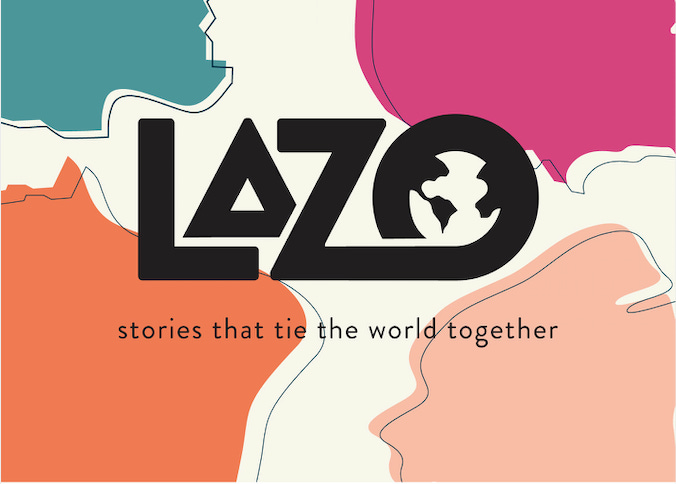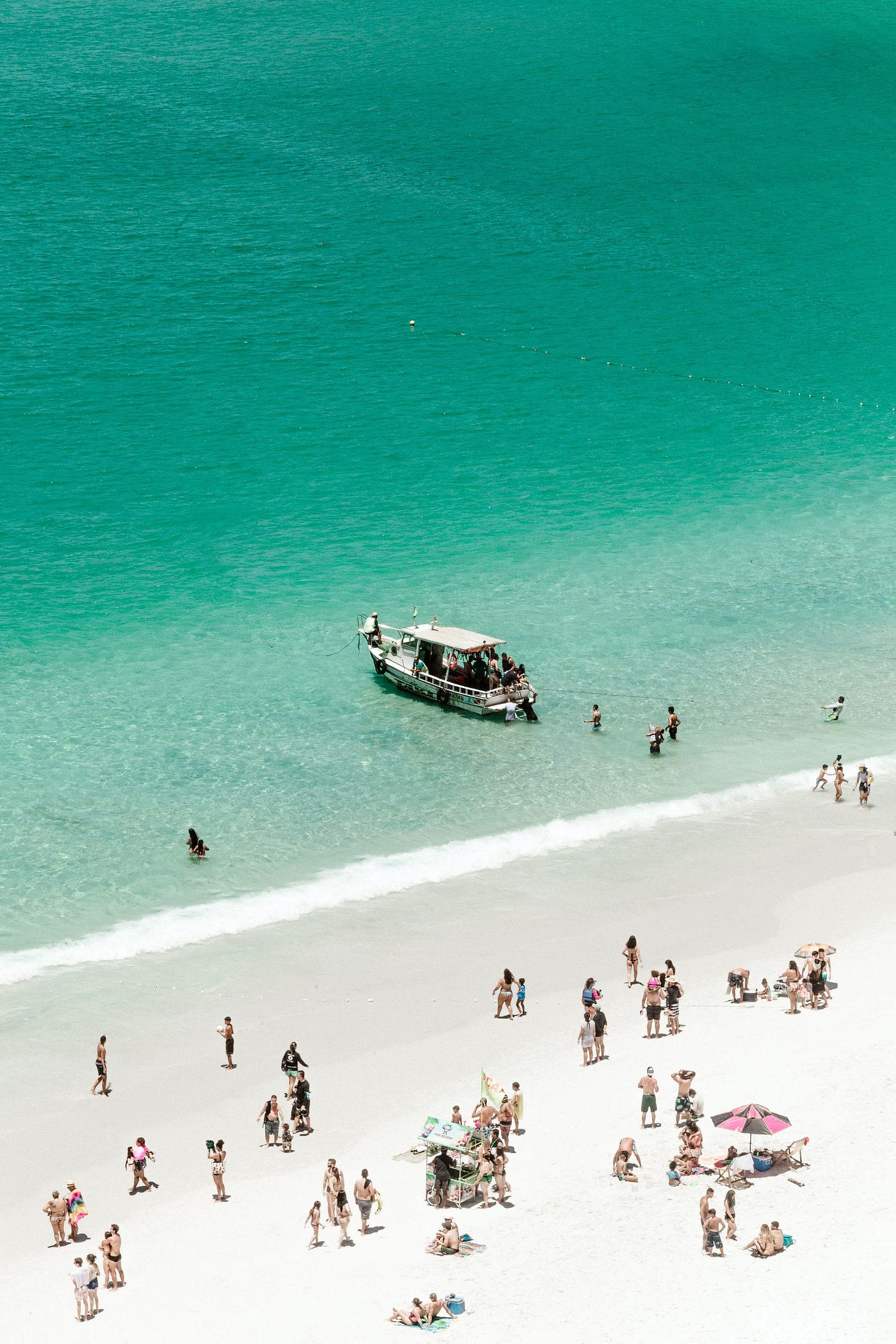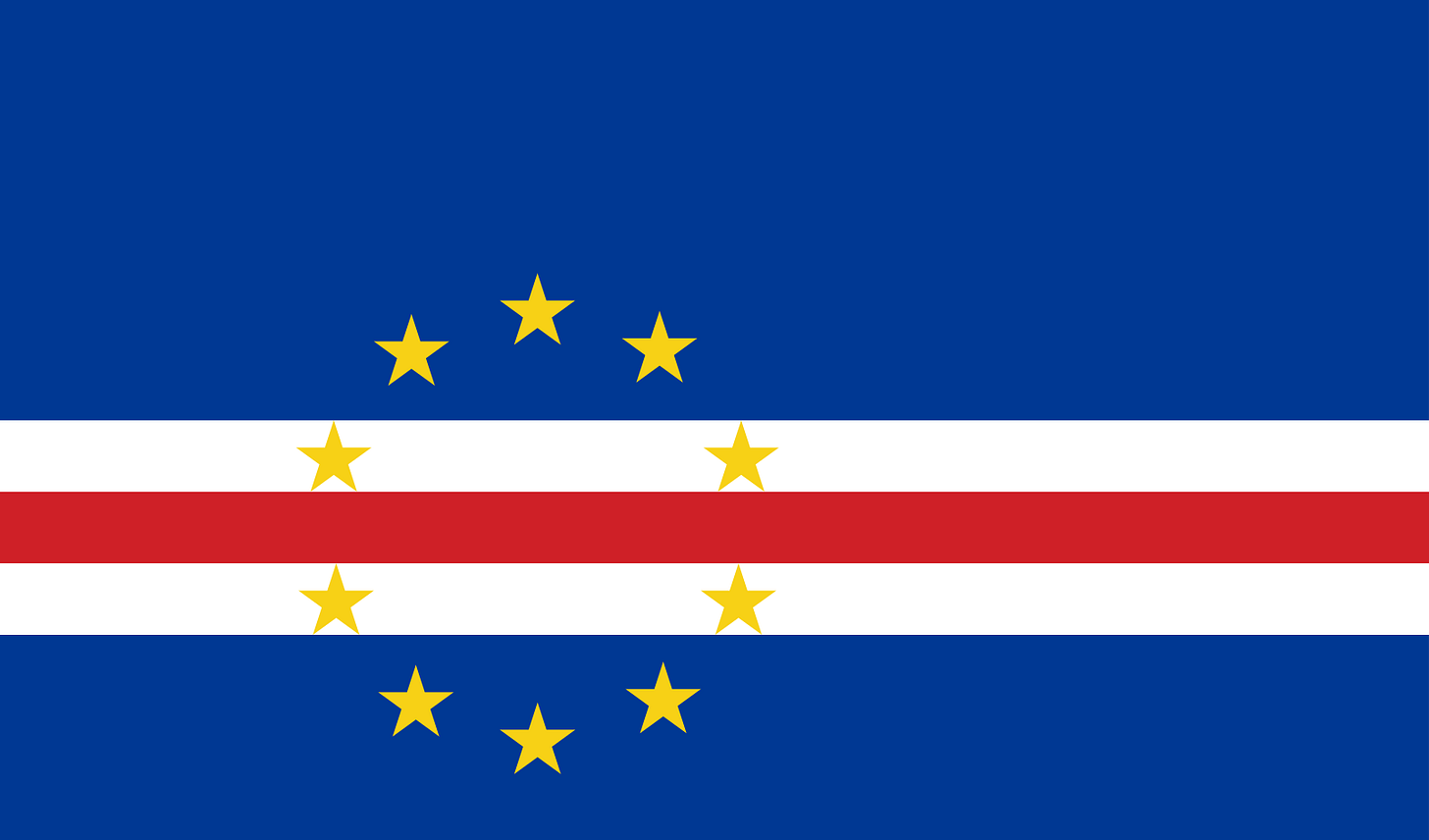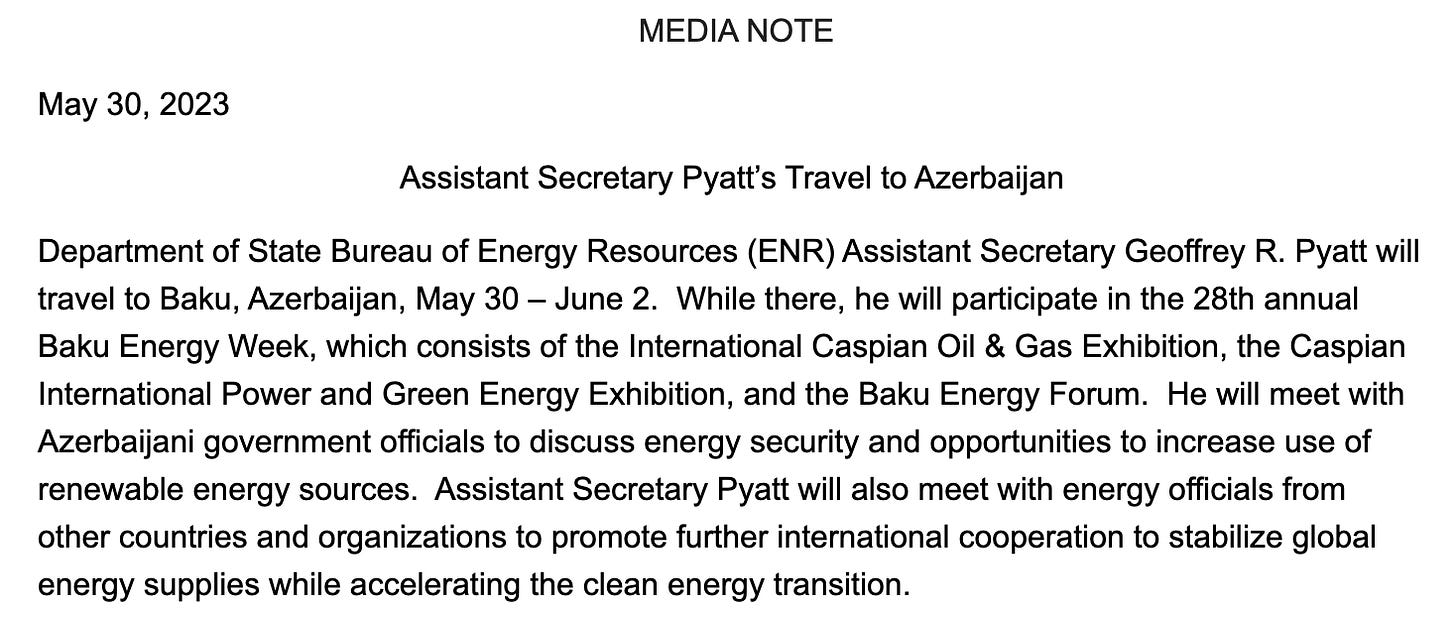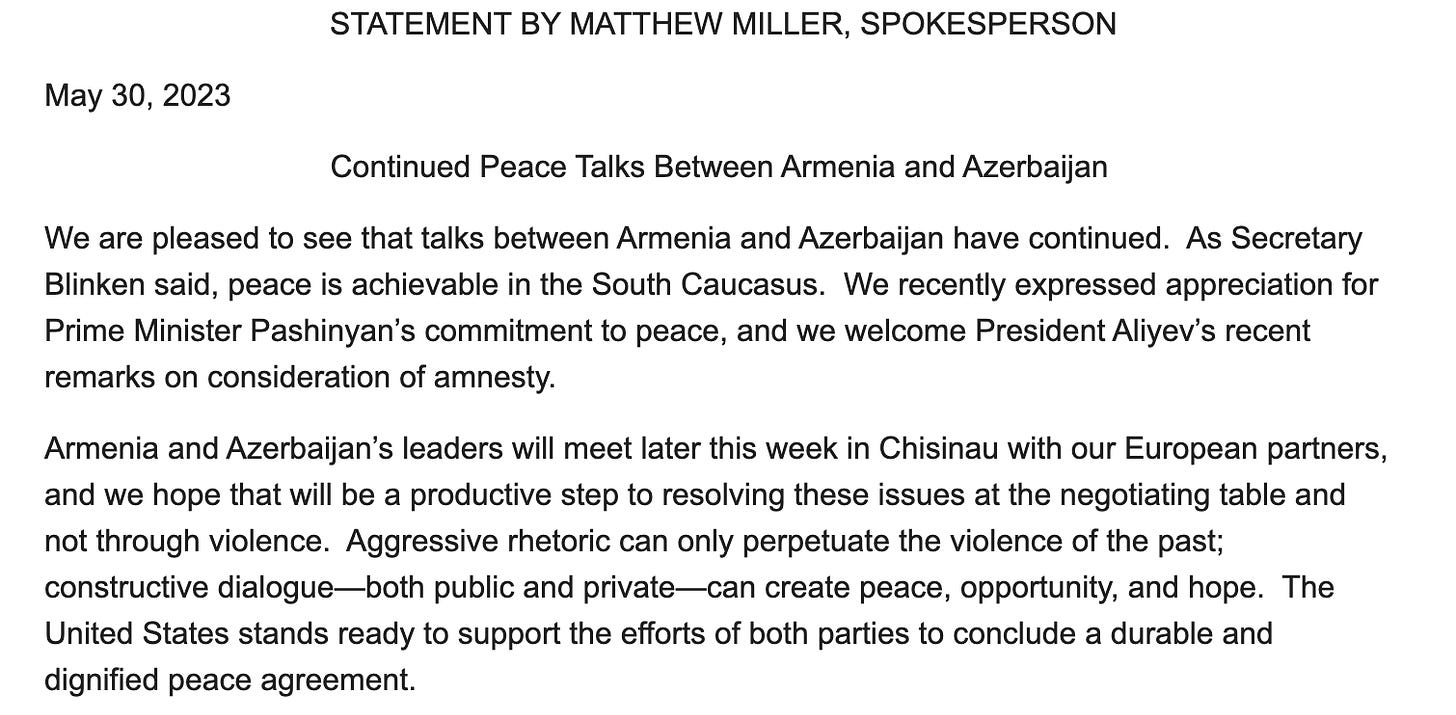#29 Cabo Verde
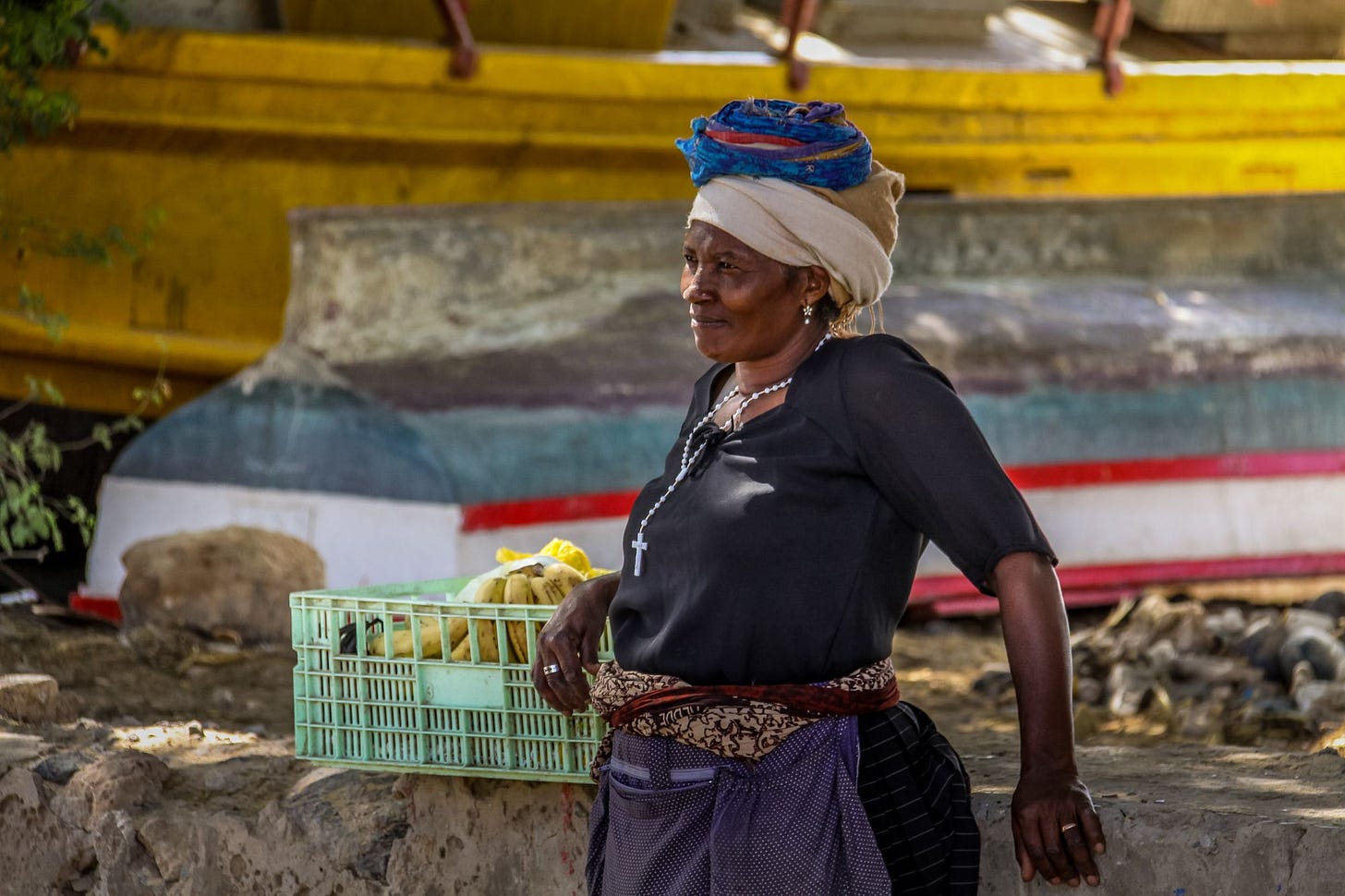
This week is about Cabo Verde.
Welcome to the 195 series, where I take you on a mini-tour of every country (and maybe some places that want to be countries). Each week I'll feature a new location. Some you may have heard of, while others may be new to you. The point is to learn and nurture our curiosity about the wider world. Maybe you'll find a new artist or musician you like, too.
Here's the link to copy and paste into your browser to support this project: https://lazo-letters.ghost.io/#/portal/signup. You can sign up for $2 a month or $22 a year.
Country Info:
Population: Roughly 588,000
Current government: An island archepalago and former Portuguese colony, Cabo Verde is considered one of Africa's most stable democracies. It's a semi-presidential representative democracy with a Prime Minister who is the head of government.
According to the organization Freedom House:
Cabo Verde is a stable democracy with competitive elections and periodic transfers of power between rival parties. Civil liberties are generally protected, but access to justice is impaired by an overburdened court system, and crime remains a concern.
Religion: The vast majority of the population is Roman Catholic. Catholicism can be traced back the Portuguese occupation during the 1500s.
Standout artist: Kiki Lima. Born on the island of Santo Antão in 1953, Kiki Lima is considered one of the country's best painters.
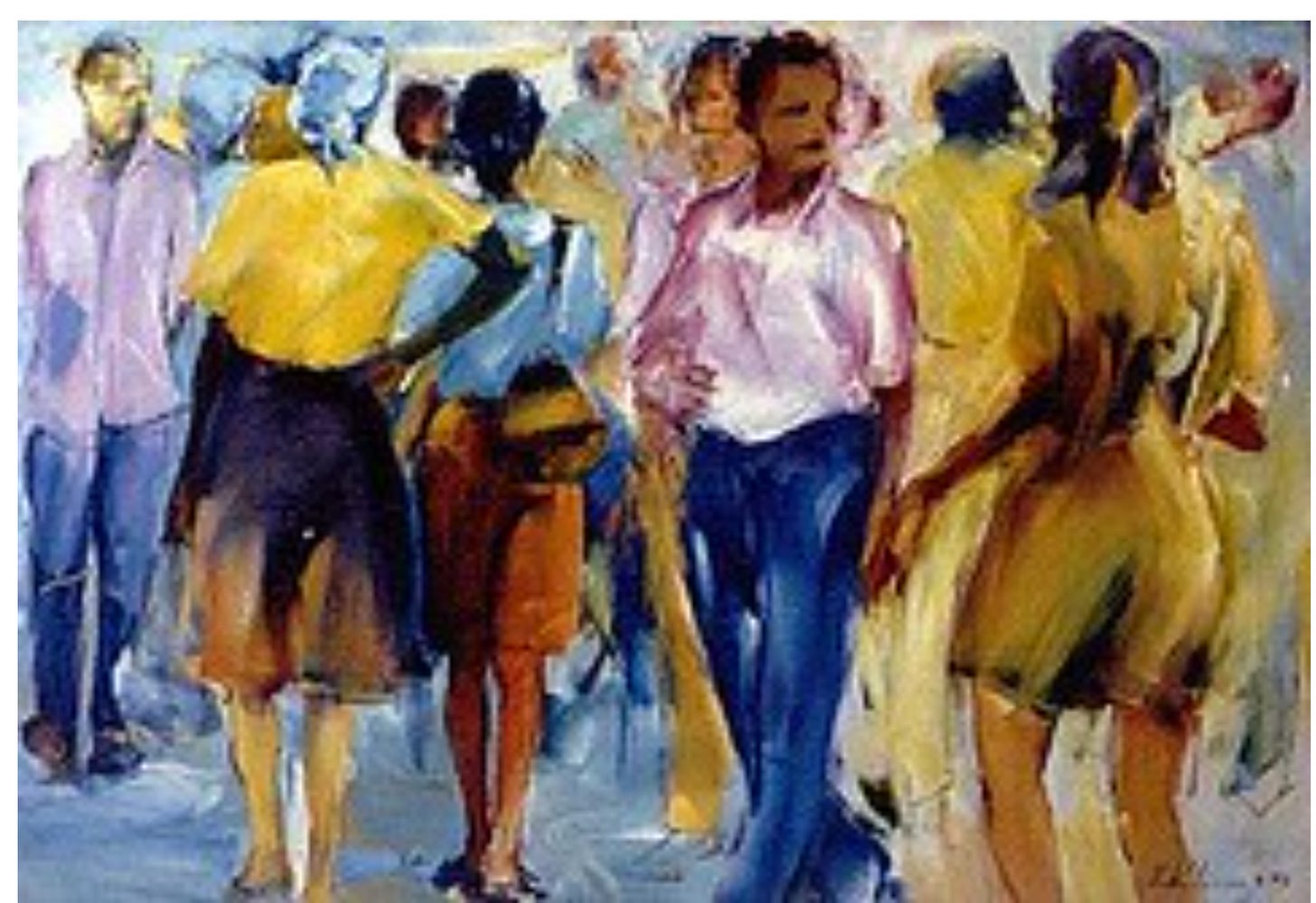
Standout film: Perfect for pride month, Tschindas is a 2015 documentary film about LGBTQ life in Cabo Verde.
A surprising thing: Cabo Verde was the first European colony in a tropical climate. The islands were completely uninhabited until 1456, when two Portuguese explorers discovered them.
Story of the week: Cabo Verde reiterated its support for Morocco's territorial claims over the Western Sahara. If you want a primer on the dispute between Morrocco and the Polisario Front, you can read that here.
What I'm writing:
• I spoke to Senator Chris Murphy, a Democrat from Connecticut, at length about his recent trip to the Balkans. This story is about the unrest last weekend in northern Kosovo, where Serbian protesters attacked NATO forces after the Kosovo government installed ethnic Albanian mayors in Serb-majority cities. The U.S. has criticized Pristina for its heavy-handed approach in northern Kosovo and called on Prime Minister Albin Kurti to establish autonomous municipalities for Kosovo's Serbs. This piece is unlocked and free to read.
• I spoke to Georgia's former Prime Minister, Giorgi Gakharia, about his country's work to join the European Union, its fight against Moscow’s influence, and efforts to bolster democracy when a powerful, Russian-leaning oligarch, Bidzina Ivanishvili, dominates Georgia’s political scene.
This is what he told me:
The main goal for Mr. Ivanishvili right now is to maintain and keep power. I am sure he is willing to pay any price. This is a huge challenge for the country today. What is the solution? Georgia will face critical political turning points in the next year and a half. The first is that the European Union must decide what to do about Georgia’s candidate status. Then, on October 24, we will have parliamentary elections. Three months after our parliamentary elections, we must elect a new president. Then, eight or nine months later, we have municipal elections.
I’m sure it’s possible to change the country’s political face in a year and a half. But friends of Georgia must help the country maintain free and fair elections.
• The war in Ukraine has ushered in a new era for Nordic security cooperation, as the Scandinavian states north of Russia look for ways to secure their borders and band together for common defense.
What I'm reading:
• The Financial Times has an investigation into the way the Russian state-owned energy company Gazprom recruits fighters for the war in Ukraine. They serve in battalions called Potok and Fakel.
• A growing feud between the paramilitary organization Wagner group founder Yevgeny Prigozhin and Chechen leader Ramzan Kadyrov, Russia’s two most powerful warlords, exposes the rifts in Russian President Vladimir Putin’s war machine, the Wall Street Journal reports.
• Mykhailo Podolyak, a Ukrainian presidential adviser, said a demilitarized zone of 62-75 miles should be established inside Russia along the border with Ukraine as part of a post-war settlement, Reuters reports. Podolyak said the demilitarised zone could initially have an international presence to control it. His comments come after the governor of Russia’s Belgorod region, which borders Ukraine, called for annexing Ukraine’s Kharkiv region to stop Ukraine’s cross-border shelling.
• Ukraine and its allies are planning a summit of global leaders that would exclude Russia, aimed at garnering support for Kyiv’s terms for ending the war, the Wall Street Journal reports.
• Drone attacks were thwarted over Moscow in the first case of civilian areas of the Russian capital experiencing the war, the New York Times reports.
• Several Russian governors reported attacks on their regions as the war spills over from Ukraine’s borders into Russian territory, Reuters reports.
• Belarus President Alexander Lukashenko said that nations who “join the Union State of Russia and Belarus” will be given nuclear weapons, CNN reports. The statement was made after the transfer of some tactical nuclear weapons from Moscow to Minsk began.
• Georgia’s Prime Minister Irakli Garabashvili said imposing sanctions on Russia would “destroy” Tbilisi’s economy and “damage the interests” of Georgian citizens, Al Jazeera reports. Later in the week, he blamed NATO for causing the war in Ukraine.
• Alarm bells are going off in EU capitals and Washington over a new law in Poland that will allow a government commission to ban people from holding public office for up to a decade — potentially blocking opposition candidates from running in this year’s elections. The new bill, which President Andrzej Duda said he would sign into law, would create a commission to investigate Russian influence in Polish politics, Politico Europe reports.
• Serbian protesters injured 30 NATO soldiers in clashes after ethnic Albanian mayors took office in northern Kosovo's Serb-majority area, Reuters reports. The mayors were elected in April after Serbs boycotted the vote. The U.S. condemned Kosovo's authorities for using force to install the mayors.
• In an op-ed for Balkan Insight, Marcus Tanny argues that Kosovo's Prime Minister Albin Kurti has "lost the plot."
• The U.S., France, Italy, Germany, and the U.K. issued a joint statement saying they are “concerned by Serbia’s decision to raise the level of readiness of its Armed Forces at the border with Kosovo and call all parties for maximum restraint, avoiding inflammatory rhetoric," Politico Europe reports.
• Spanish Prime Minister Pedro Sanchez announced snap parliamentary elections in July, hours after his ruling Socialists suffered significant setbacks in regional and local elections, CNN reports. The conservative Popular Party won majorities in Madrid and La Rioja, and gained control of Aragón, Valencia, Extremadura, and the Balearic Islands. The far-right party Vox also doubled its share of votes compared to 2019.
• Spain’s African exclave Melilla was rocked by an alleged mail-in vote-buying scheme just days before the polls, the Associated Press reports.
• Recep Tayyip Erdogan won elections in Turkey, securing another five years in the presidency, the BBC reports.
• Fourteen members of a “terrorist team” linked to Israel were arrested in northwestern Iran, Reuters reports. The group was “arrested as they were seeking to identify and assassinate various individuals,” the semi-official Tasnim news agency reported.
• Brazil is caught between the United States and Russia, which both call for the extradition of an alleged Russian spy detained in Brazil, the Wall Street Journal reports.
• Venezuela’s President Nicolás Maduro visited Brazil for the first time since he was banned by former far-right President Jair Bolsonaro in 2019, the BBC reports. Maduro was received by President Luiz Inacio Lula da Silva ahead of a summit of Latin American leaders in Brasilia. “What’s important about Maduro coming here is that it’s the beginning of Maduro’s return,” Lula said.
• The Qatari Prime Minister held secret talks with the supreme leader of the Taliban on May 12 about resolving tension with the international community, Reuters reports. The meeting suggests a new willingness by Afghanistan’s rulers to discuss ways to end their isolation.
• North Korea failed to put the country’s first spy satellite into space but vowed to conduct a second launch, the Associated Press reports. South Korea and Japan briefly urged residents to take shelter during the launch.
• Marauding militias targeted Sudan’s West Darfur region, causing widespread looting and the destruction of vital infrastructure, the BBC reports. Despite a ceasefire between Sudan’s rival military factions, fighting has continued in Darfur. Entire villages in West Darfur have been razed by militias, with aid agencies warning the region is on the brink of a “humanitarian catastrophe.”
• Kenya will sign a trade pact with Russia to boost cooperation between businesses, Reuters reports.
• In a nod to Russia’s President Vladimir Putin, South Africa will change its law so it has the power to decide whether or not to arrest a leader wanted by the International Criminal Court, the BBC reports.
• Clashes erupted between protesters and security forces after a court in Senegal sentenced the country’s leading opposition figure, Ousmane Sonko, to two years in prison after finding him guilty of “corrupting youth,” the New York Times reports.
Interesting statements
You can write to me for any reason: c.maza@protonmail.com



